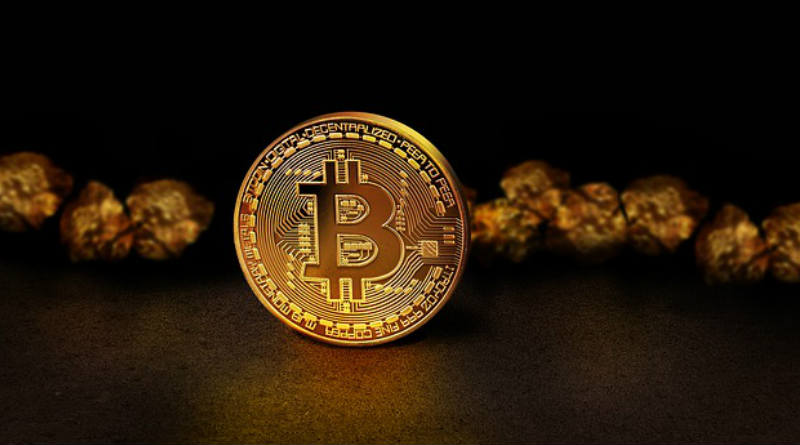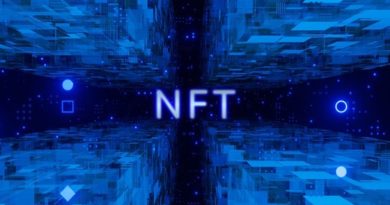Bitcoin Mining Defined and Explained for Dummies
Bitcoin Mining Explanation
Bitcoin mining, a crucial aspect of the digital currency realm, involves processing all transactions within the blockchain. Here, we delve into the intricacies of this fascinating process.
Decoding Transactions: From Blocks to Bitcoins
In the realm of bitcoin mining, transactions are akin to building blocks. Each new transaction, or block, gets added to the existing chain of records, known as blockchains. Upon completion, every block receives a certain amount of bitcoins.
Creating a record of bitcoin transactions initiates an increase in bitcoin value. After completing a block, it undergoes encryption, serving as proof of work in a computationally intensive process. Miners, using specialized software, process related algorithms to earn bitcoins deposited into their blockchain.
Blockchains play a pivotal role, preventing the reuse of bitcoins, ensuring the digital currency remains immune to counterfeiting through copy-paste tactics.
The Mechanics of Bitcoin Mining
Safeguarding the Network
Bitcoin miners execute two core functions:
1. Ensuring Network Security
2. Confirming Bitcoin Transactions
Upon accomplishing these pivotal tasks, miners receive payment for their service.
In essence, miners act as editors, rewarded with cryptocurrency for validating previous transactions. This verification process shields the network from potential misuse, averting instances of bitcoin double-spending.
Ever wondered why bitcoins linger in your network post-transaction? Unlike traditional currencies swiftly leaving your possession, bitcoins remain accessible for reuse. This characteristic stems from the meticulous verification of past transactions, allowing users to earn bitcoins within the system.
The Verification Process
Bitcoin miners meticulously scrutinize transactions to prevent any single bitcoin from being spent twice. To earn bitcoins, miners must verify 1MB of bitcoin transactions, offering them a chance to win 12.5 bitcoins until the next halving process. Although the 1MB limit, set by bitcoin’s founder, remains contentious, miners advocate extending the block size to accommodate more transactions and subsequently earn more bitcoins.
Unraveling the Mystery: Does Verifying 1MB Guarantee Success?
Verifying 1MB of transactions doesn’t guarantee success. Success is reserved for the first bitcoin miner providing a numerical answer in what’s known as proof of work—a phenomenon that adds an element of unpredictability to the mining process.
Necessary Equipment for Bitcoin Mining
To engage in bitcoin mining, essential equipment includes an ASIC miner, selection of a mining pool, and crucially, mining software to facilitate bitcoin earnings.
In Conclusion
Bitcoin mining stands as an enticing avenue for cryptocurrency transactions. However, proficiency in numerics is vital for success. The core lies in the verification of transactions and the subsequent accumulation of bitcoins.
FAQs
1. Can anyone guarantee success by verifying 1MB of transactions?
No, success is contingent on being the first miner to provide a numerical answer in the proof-of-work process.
2. Why do bitcoins linger in the network after use?
Unlike traditional currencies, bitcoins remain accessible for reuse due to meticulous verification of past transactions.
3. What’s the significance of extending the block size in bitcoin mining?
Miners advocate extending the block size to accommodate more transactions and increase potential bitcoin earnings.
4. How is a bitcoin miner rewarded?
Bitcoin miners are rewarded with cryptocurrency for validating and verifying previous transactions within the blockchain.
5. Why is numerics proficiency crucial in bitcoin mining?
Success in bitcoin mining requires proficiency in numeric to effectively verify transactions and accumulate bitcoins.




